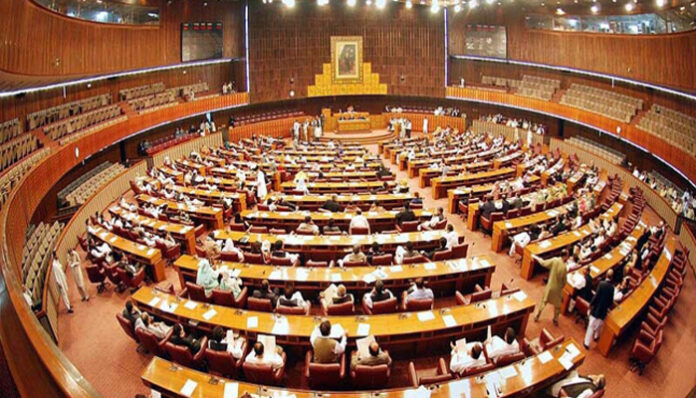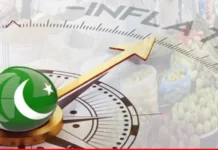
ISLAMABAD: Although the auto industry had reported over 60pc decline in sales during the past few months “owing to inflation, price hikes and taxes”, the Ministry of Industries and Production has claimed that auto sales have started picking up from January 2020.
Giving a briefing to the Senate’s Standing Committee on Industries and Production on Thursday, Adviser to Prime Minister on Commerce Abdul Razak Dawood said that the sale of locally assembled/manufactured vehicles was showing growth after a period of continuous fall.
“In a recent meeting, the heads of major automobile companies — Honda, Suzuki and Toyota — informed me that sales have picked up in the first two months of 2020,” he said, hoping that the upward trend would continue in the coming months.
On a question moved by Senator Bahramand Khan Tangi regarding high prices of locally assembled cars, the committee discussed at length the issue keeping in view the manufacturers’ claims that most of the parts were manufactured locally.
The adviser claimed that the new hike in vehicle prices was due to devaluation of Pakistani currency against US Dollar, increase in the number of taxes like custom duty, additional customs duty, federal excise duty etc., and rising inflation.
However, Senator Bahramand termed the explanation by the adviser and other officials unsatisfactory. He also expressed his surprise over the ministry’s admission that there was no legal provision to check/control prices of vehicles.
The committee heard the ministry as well as the Engineering Development Board (EDB) on the matter and decided to call vehicle manufacturers to hear their side of the story before reaching a conclusion.
Meanwhile, the committee was given a bi-annual review of the budgetary allocation and its utilisation by the Ministry of Industries and Production, with special focus on Public Sector Development Programme (PSDP) allocation for 2019-20 along with details of PSDP proposals for 2020-21.
An amount of Rs14.358 billion was allocated to the ministry for 2019-20, of which Rs7.526 billion was utilised. For the 2020-21 cycle, the ministry has proposed an allocation of Rs20.764 billion for 34 different projects. The details of projects were shared with the committee, which decided to hold further deliberations on the subject in the upcoming meetings.
The progress of Pakistan Steel Mills revival plan and payment to all its retired employees within 120 days, in the light of direction given to the PSM chairman, Ministry of Finance and other stakeholders in its meeting held in October 2019, was also discussed during the meeting.
The ministry told the committee that a number of steps have been taken to resolve the financial crisis at PSM, including the issue of pending salaries and outstanding dues of former employees, but the dues have increased heavily, standing currently at Rs20.87 billion.
The committee was informed that a fresh summary for the said amount has been moved and in meetings held at the Finance Division, while proposals were considered to develop a comprehensive plan for settlement of dues and liabilities. The committee decided to continue discussing the matter until the grievances of retired employees were addressed.
Moreover, the Senate panel was also briefed by the Utility Stores Corporation managing director on the matter relating to taxation and subsidy being given by the government. The committee was told that the government had released Rs6 billion as subsidy and for procurement.
“PM Relief package includes subsidy on five basic food items; wheat, sugar, ghee, rice and pulses. Basic food items are available at utility stores at prices lower than open market. The government has also allocated an amount of Rs15 billion to the corporation, of which Rs5 billion will be used for inventory purchases and Rs10 billion for subsidy on essential commodities.”
The committee appreciated the corporation for ensuring quality and registering better sales in the last few months.






>However, Senator Bahramand termed the explanation by the adviser and other officials unsatisfactory. He also expressed his surprise over the ministry’s admission that there was no legal provision to check/control prices of vehicles.
Senator wakes up to the fact that Pakistan has a free market economy.
If you want lower prices reduce duties on imported vehicles. That will spur competition and result in lower prices.
Comments are closed.